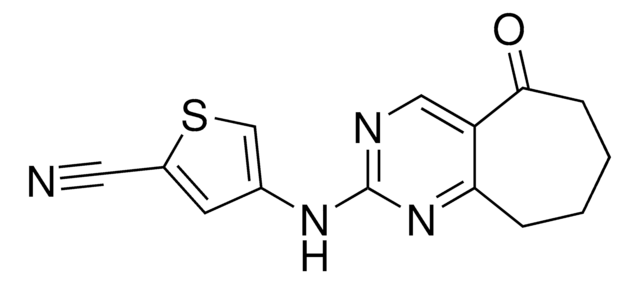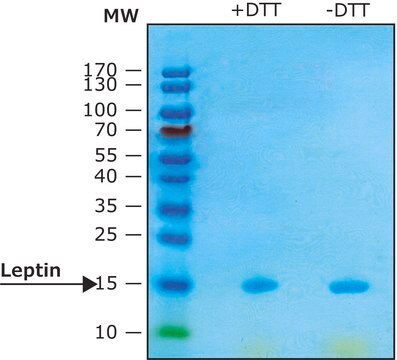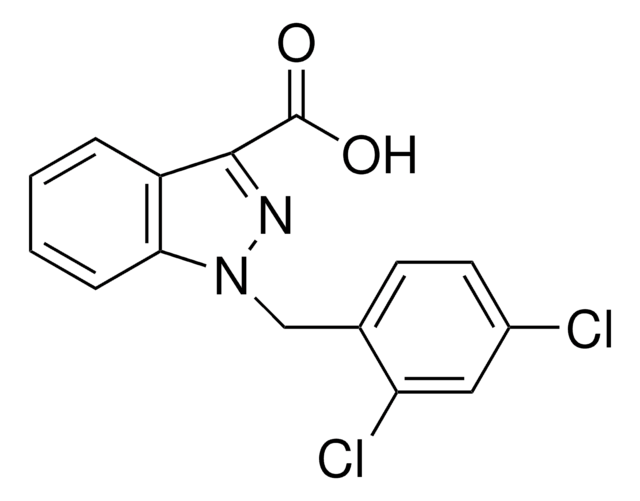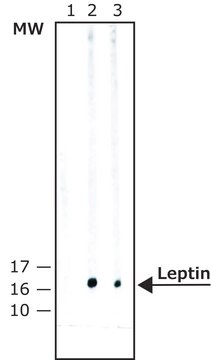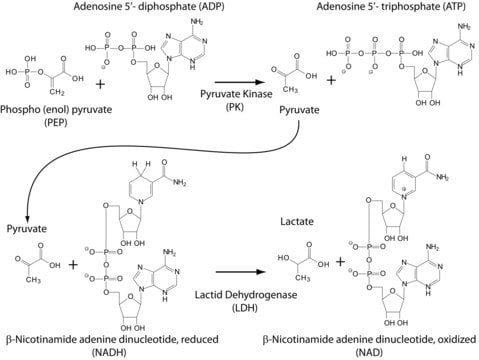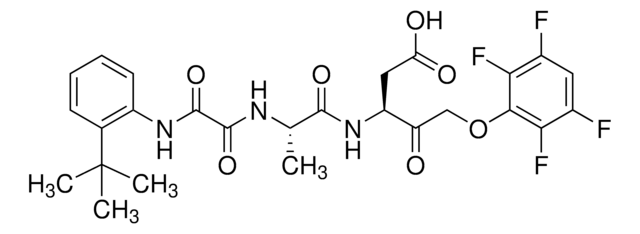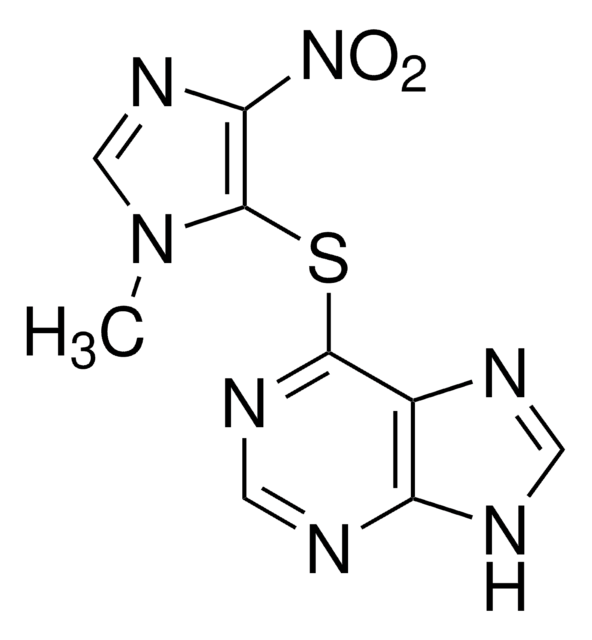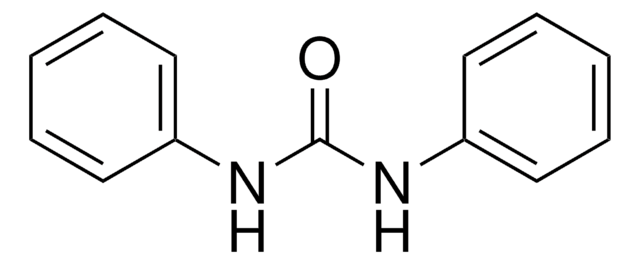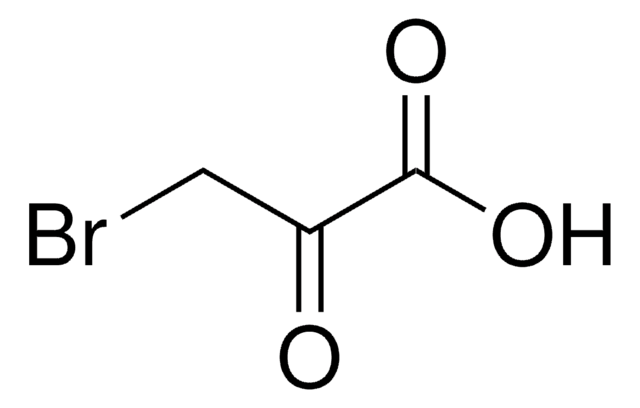O4000
Oxythiamine chloride hydrochloride
≥95% (HPLC)
Synonym(s):
5-(2-Hydroxyethyl)-3-(4-hydroxy-2-methyl-5-pyrimidinylmethyl)-4-methylthiazolium chloride
Sign Into View Organizational & Contract Pricing
All Photos(1)
About This Item
Empirical Formula (Hill Notation):
C12H16ClN3O2S · HCl
CAS Number:
Molecular Weight:
338.25
MDL number:
UNSPSC Code:
12352116
PubChem Substance ID:
NACRES:
NA.79
Recommended Products
Quality Level
Assay
≥95% (HPLC)
form
powder
technique(s)
HPLC: suitable
color
white to off-white
storage temp.
−20°C
SMILES string
CC(N1)=NC=C(C[N+]2=CSC(CCO)=C2C)C1=O.Cl.[Cl-]
InChI
1S/C12H16N3O2S.2ClH/c1-8-11(3-4-16)18-7-15(8)6-10-5-13-9(2)14-12(10)17;;/h5,7,16H,3-4,6H2,1-2H3,(H,13,14,17);2*1H
InChI key
QHUYPZVMEJLSEB-UHFFFAOYSA-N
Related Categories
General description
Oxythiamine is a thiamine antimetabolite and the source through diet is by consuming acidic thiamine rich foods.
Application
Oxythiamine chloride hydrochloride is suitable for use:
- as a reference standard for calibration curve generation in liquid chromatography-tandem mass spectrometry (LC-MS/MS) for oxythiamine pyrophosphate (OTPP) quantification in red blood cells
- as a thiamine transport inhibitor in human mammary epithelial cells (HMEC) and breast cancer cell lines
- in the synthesis of oxythiamineH picrolonate salt
Biochem/physiol Actions
Oxythiamine (OT) is a thiamine antagonist. It is a transketolase inhibitor and is employed to study anti-metastatic mechanisms, especially those involving metalloproteinases (MMP). It significantly sensitizes human hepatocellular carcinoma cells (HCC) to sorafenib, favoring tumor suppression.
Oxythiamine inhibits Transketolase, the enzyme that controls the nonoxidative branch of the pentose phosphate pathway.
Storage Class Code
11 - Combustible Solids
WGK
WGK 3
Flash Point(F)
Not applicable
Flash Point(C)
Not applicable
Personal Protective Equipment
dust mask type N95 (US), Eyeshields, Gloves
Choose from one of the most recent versions:
Already Own This Product?
Find documentation for the products that you have recently purchased in the Document Library.
Customers Also Viewed
Inhibition of transketolase by oxythiamine altered dynamics of protein signals in pancreatic cancer cells
Wang J, et al.
Experimental Hematology & Oncology, 2(1), 18-18 (2013)
Hengwei Zhang et al.
Journal of proteome research, 9(2), 980-989 (2009-12-29)
Oxythiamine (OT), a transketolase inhibitor, is known to inhibit pancreatic cancer cell proliferation. In this study, we investigated the effect of inhibition of the transketolase pathway on signaling pathways in MIA PaCa cancer cells using in-house proteomic techniques. We hypothesized
Thiamine antimetabolite causes functional thiamine deficiency in patients with end stage renal disease
Zhang F, et al.
Kidney International, 90(2), 396-403 (2016)
Functional thiamine deficiency in end-stage renal disease: malnutrition despite ample nutrients
Moradi H and Said HM
Kidney International, 90(2), 252-254 (2016)
Chih-Min Yang et al.
Clinical & experimental metastasis, 27(5), 341-349 (2010-05-08)
This study examined the anti-metastatic effects of oxythiamine (OT) both in cell culture and in vivo. Cell culture results revealed that OT (0-20 microM) significantly inhibited the invasion and migration (IC(50) = 8.75 microM) of Lewis lung carcinoma (LLC) cells.
Our team of scientists has experience in all areas of research including Life Science, Material Science, Chemical Synthesis, Chromatography, Analytical and many others.
Contact Technical Service